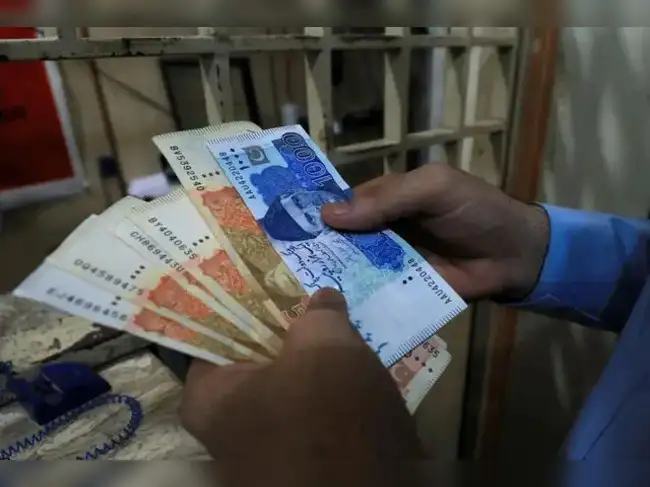Understanding the IMF’s Role in Pakistan’s Economic Crisis and Regional Tensions

The International Monetary Fund (IMF) continues to play a crucial role in shaping South Asia’s economic and political landscape. Recent events have put Pakistan’s financial struggles and India’s diplomatic maneuvers in the global spotlight. Understanding how the IMF affects national economies and international relations is essential for grasping the broader picture.
IMF Bailouts: Pakistan’s Recurring Dependence
Pakistan’s reliance on the IMF has grown over the years. The country’s economic challenges, ranging from high external debt to persistent fiscal deficits, have forced it to seek repeated bailouts. In May 2025, the IMF cleared another loan review for Pakistan, releasing a much-needed $1 billion
(source). However, this lifeline draws mixed reactions in the region.
Diplomatic Tensions: India’s Stance on IMF Aid to Pakistan
India has grown increasingly vocal about the IMF’s support for Pakistan. When the International Monetary Fund considered a $1.3 billion bailout for Pakistan, India abstained from voting. Citing Pakistan’s “poor track record” in using previous financial aid and continuing cross-border tensions, New Delhi called for closer scrutiny of IMF lending practices. This move added diplomatic pressure as security concerns escalated in the region. To explore India’s reasoning and concerns, read the detailed coverage from India Today.
The Regional Ripple Effect: Economic and Strategic Competition
Beyond diplomatic gestures, India is leveraging its economic strength to counter Pakistan’s dependency on IMF loans. By taking measures such as trade blockades, suspending treaties, and limiting cultural exchanges, India aims to reshape regional power dynamics. Pakistan’s dependence on IMF’s fiscal support is now both an economic issue and a matter of national prestige. For an in-depth analysis of these strategies and their impact, see The Economic Times’ coverage.
Economic and Political Ramifications
The IMF’s involvement brings both hope and controversy. While its funding offers Pakistan a temporary safety net, it also demands reforms and transparency. Critics argue that continued reliance on IMF bailouts without addressing underlying structural issues only postpones real solutions. Meanwhile, regional diplomacy becomes more complex, as nations like India use economic leverage to influence outcomes.
Conclusion: The Path Forward
The IMF remains a key player in South Asia’s economic stability and regional politics. As Pakistan navigates another challenging year, the pressure to implement genuine reforms and reduce external dependence grows stronger. The interplay between international finance, domestic policy, and regional strategy will continue to shape the subcontinent’s future. Staying informed about these developments ensures a deeper understanding of how global institutions like the IMF affect everyday lives and international relations.